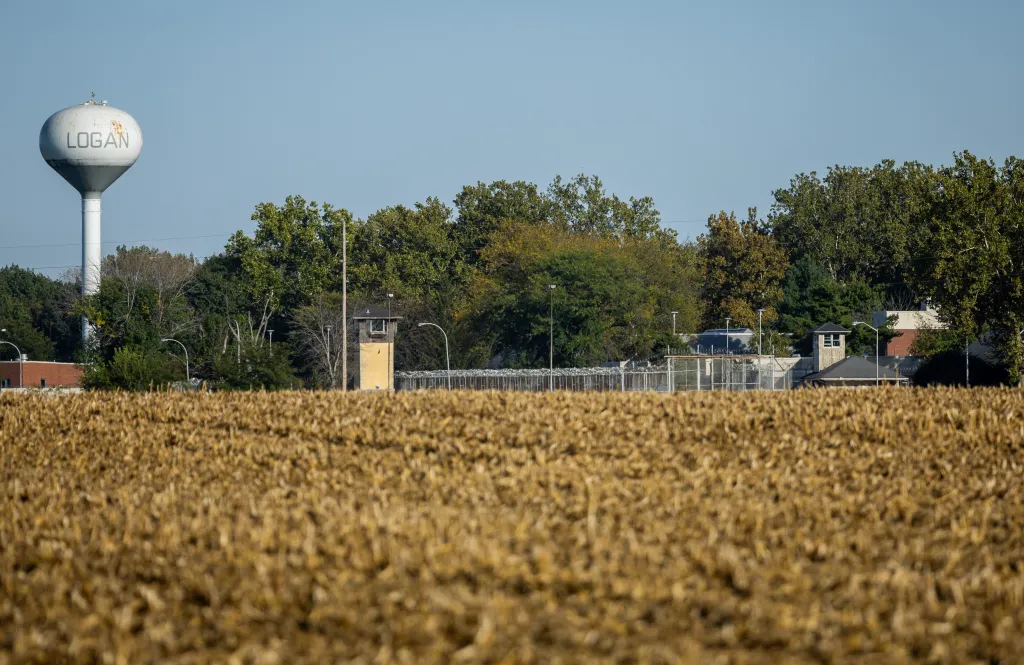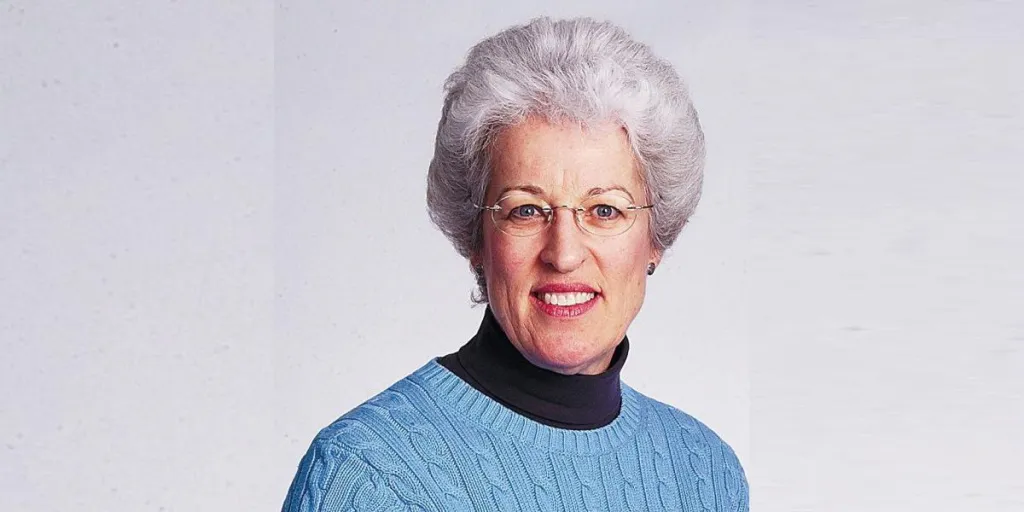
After trying repeatedly to find a safe person to tell about her alleged a sexual assault by a correctional officer, a woman who was detained at Logan Correctional Center intercepted a female staff member while she was in the unit.
But after finally reporting the attack, the woman, 35, told the Tribune, she faced nothing but retaliation.
Her room was ransacked, she said, and some of her belongings were taken or destroyed. Most heartbreaking, she said, was the loss of memorial shirts made in honor of her mother, who died while she was incarcerated.
The woman, who is now living in southern Illinois, is among seven current or former inmates who have filed separate lawsuits against correctional officers, prison staff and leadership in federal court in Springfield, alleging a widespread pattern of sexual abuse, followed by retaliation when they rebuffed the guards or tried to report the abuse.
The Tribune is not naming the women – some of whom filed suits under the name Jane Doe – because they are alleged victims of sexual assault.
Now out of prison, the former Logan prisoner told the Tribune she is doing well and avoiding trouble. But the fear of retribution persists.
“I’m so scared,” she said. “If something were to happen and I went back, I genuinely fear I would not make it out.”
Five of the seven women remain incarcerated, their attorneys said.
The Illinois Department of Corrections did not immediately respond to a request for comment.
“The environment is ripe for sexual abuse. The mostly male staff has pretty much unchecked power over female (detainees),” said Elizabeth Payne, legal director of the Chicago Alliance Against Sexual Exploitation. “These cases are just representing women courageous enough coming forward … The lawsuits only scratch the surface.”
All together, the complaints paint a grim portrait of the experience at Logan, which has been dogged by abuse complaints in the past. The women reported that correctional officers raped them and coerced them into sexual acts by threatening punishments or withholding favors.
When the women resisted or reported the abuse, they were often retaliated against, the lawsuits say.
Multiple women alleged being abused by officers who worked in the Internal Affairs Unit, the very authorities who were meant to investigate claims of misconduct.
Several had special needs or mental health crises, making them even more vulnerable, the suits said.
Last May, a 24-year-old woman detained at Logan Correctional Center swallowed a razor blade and cut her arm, according to her lawsuit, but she left a note behind to leave an account of what happened to her.
In it, she accused a correctional officer of abusing her, the suit said.
She survived, but she remained at the women’s prison northwest of Springfield. Her alleged abuser also continued to work there after her suicide attempt, her lawsuit says.
In another case, a correctional officer would restrict a woman who he was abusing from talking to her children’s father, telling her: “I want you talking to me,” according to one suit. That officer also withheld her inhaler when she had asthma attacks on two occasions, she alleged.
Another woman alleged in her suit that after an officer attacked her, he told her that if she reported anything, she would lose her job in the kitchen as well as good-time credits.
The suits said that guards knew where surveillance camera blind spots would hide activity, and used it to commit assaults.
Since 2021, Logan has had 223 complaints under the Prison Rape Elimination Act, according to the suits, of which only about 6% were substantiated. Of the 223 complaints, 85 were for allegations of sexual abuse by staff against people in custody.
In 2023, a jury awarded a nearly $20 million settlement to a female prisoner who said she was raped by a staff member while incarcerated.
But Nicole Schult, legal director of Uptown People’s Law Clinic, which is among the legal groups representing the women, said that lawsuit did not lead to change they hoped to see.
“We were hoping that would solve the problem but it became clear it didn’t,” Schult said. “So unfortunately again these brave women had to come forward.”
Even though she remains fearful, the woman who discussed her case with the Tribune said that the process of preparing to file the suit brought her some relief.
“That was the first time I had felt it wasn’t my fault,” she said, “and that it should have never happened.”



